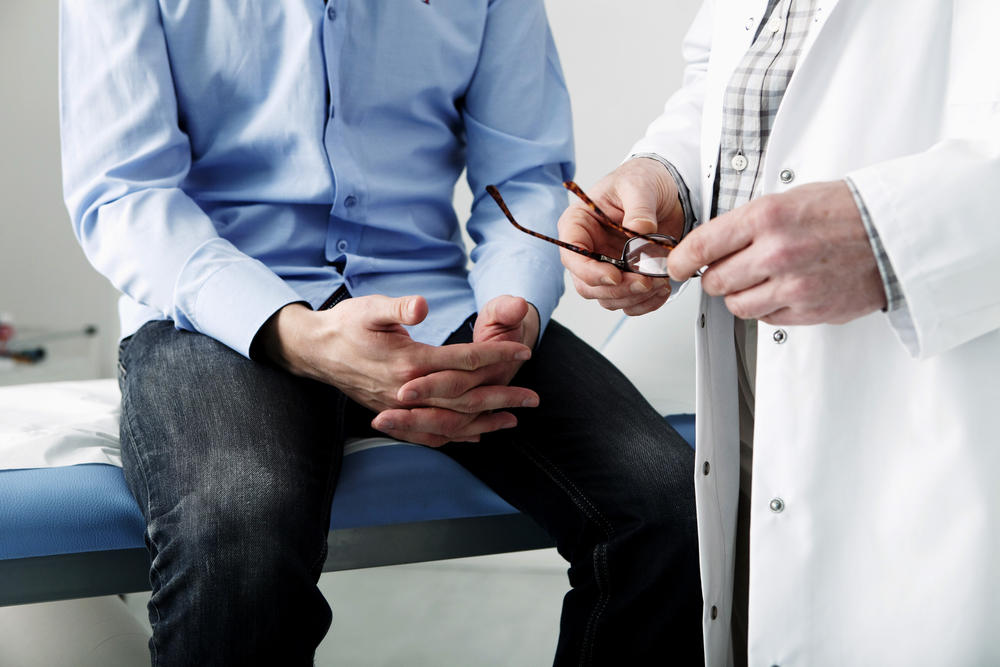What You Need To Know About Prostate Cancer
September 25 2017More men die of prostate cancer than women die of breast cancer.

Did you know that prostate cancer is the most commonly diagnosed cancer in men in Australia with 20,000 diagnosis and close to 3,300 deaths each year?
Only men have a prostate. It is a small gland that sits below the bladder near the rectum. Prostate cancer occurs when abnormal cells develop in the prostate. These abnormal cells can continue to multiply in an uncontrolled way and sometimes spread outside the prostate into nearby or distant parts of the body. It is a slow-growing disease and the majority of men with low-grade prostate cancer live for many years without symptoms and without it spreading and becoming life-threatening. However, high-grade disease spreads quickly and can be lethal. Appropriate management is key.
Factors that are most strongly linked to an increased chance of developing prostate cancer are age (chance of developing it increases with age), family history, genetics, diet (eating a lot of processed meat or food that is high in fat), and lifestyle.
In the early stages, there may be no symptoms. In the later stages, some symptoms of prostate cancer might include:
- Feeling the frequent or sudden need to urinate
- Finding it difficult to urinate (for example, trouble starting or not being able to urinate when the feeling is there or poor urine flow)
- Discomfort when urinating
- Finding blood in urine or semen
- Pain in the lower back, upper thighs or hips.
These symptoms may not mean you have prostate cancer, but if you experience any of them, go and see your doctor. A doctor will usually do a blood test and/or physical examination to check the health of the prostate.
If you are a man over 50, or 40 with a family history of prostate cancer, or experiencing any of the symptoms above, schedule an appointment with one of our medical professionals on 03 5229 5192 (Myers Street Family Medical Practice) or 03 5241 6129 (The Cottage Medical Centre) and ask about being tested for prostate cancer.
Men should make an individual informed decision about testing based on the latest available evidence on the benefits and potential harms of testing and subsequent treatment for prostate cancer.
Sourced from Prostate Cancer Foundation of Australia
